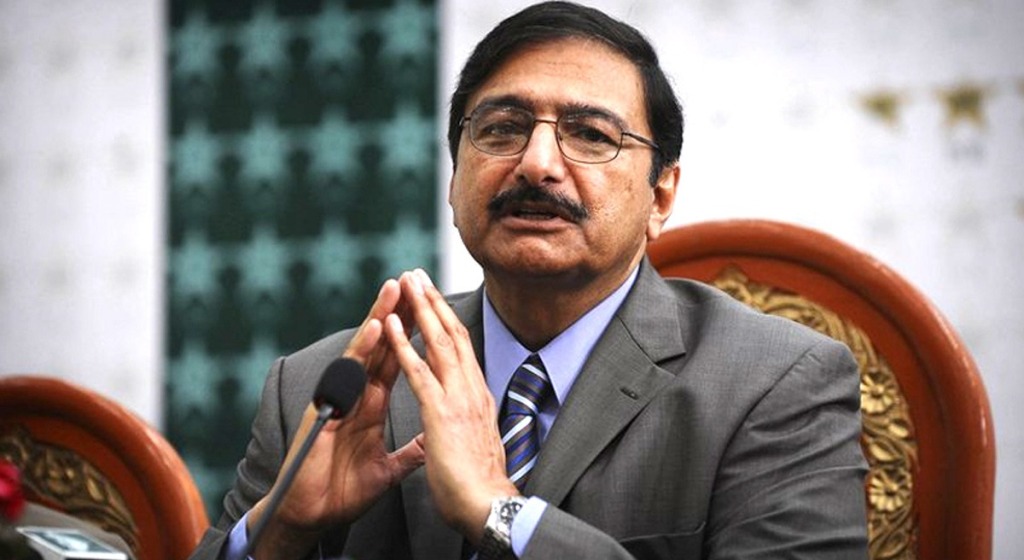In a move that could signal yet another shift in the top leadership of the Pakistan Cricket Board (PCB), Zaka Ashraf appears to be on the brink of being removed from his role as the board chief. This potential change at the helm of the PCB comes as the country grapples with political uncertainties and transition ahead of upcoming elections.
Ashraf’s rise to the chairmanship of the PCB was marked by his succession to Najam Sethi, a prominent figure in Pakistan’s cricket administration. Now, ironically, Sethi’s name is once again in the air as a potential successor to Ashraf. The ongoing power struggle within the PCB exemplifies the deep-rooted influence of politics within the realm of cricket governance.
The interplay between cricket and politics has a long history in Pakistan. The country’s political landscape often spills over into the administration of cricket, where individuals with varying backgrounds, including bureaucrats, cricketers, businessmen, and politicians, have assumed leadership roles. The chairman’s position, though crucial for the development and management of cricket, has often been subject to political manoeuvring, leading to a revolving door of appointments.
The Shehbaz Sharif-led government transitioning into a caretaker status on August 9 has added fuel to the fire of leadership changes within the PCB. With elections on the horizon, the country’s election commission has advocated for the removal of political appointments to ensure an impartial electoral process. Consequently, the Ministry of Inter-Provincial Coordination (IPC) identified Ashraf as a political appointee and recommended his removal from the PCB.
This latest twist in the saga comes after a series of rapid changes in PCB leadership. Former captain Ramiz Raja, known for his cricketing acumen and administrative experience, was removed from his position at the turn of the year, ostensibly due to political pressure. Najam Sethi, who had previously held the role, returned to the office with the support of the incoming coalition government. However, his tenure was short-lived as the political dynamics shifted once more.
The Pakistan Peoples Party (PPP), a significant player in the coalition government, asserted its authority over cricket affairs and demanded the appointment of its own candidate to the PCB leadership. The ensuing political tug-of-war led to Sethi’s departure, and Ashraf, a familiar face with three tenures under his belt, assumed the role once again.
These rapid shifts at the PCB have raised concerns about the stability and consistency of leadership within the organization. The International Cricket Council (ICC) mandates that member nations maintain autonomy in cricket administration, free from government interference. However, the practical implementation of this mandate remains a challenge in many cricket-playing countries.
The constant changes not only hampers long-term planning and strategic development but also impedes the implementation of much-needed reforms for the growth of Pakistan cricket. The nation’s cricketing enthusiasts can only hope that a more consistent, transparent, and cricket-focused approach will eventually prevail, ensuring a brighter future for Pakistan cricket on the global stage.
For now, the cricketing world will not only follow the Babar Azam-led team closely in the Asia Cup and ODI World Cup but will keep a close eye on the administrative developments in PCB with the country scheduled to host the ICC Champions Trophy in 2025. Continuous instability in administrative front could cost Pakistan dearly.




